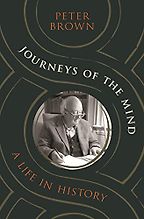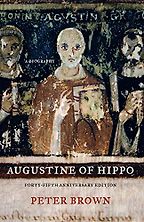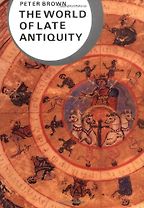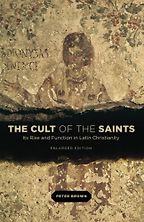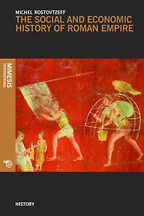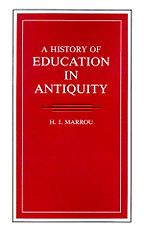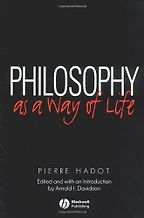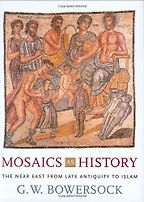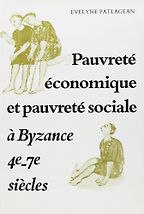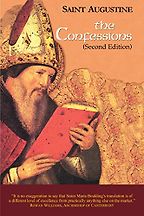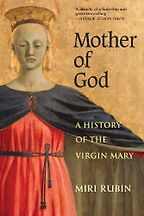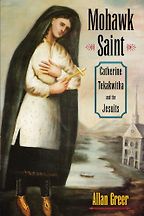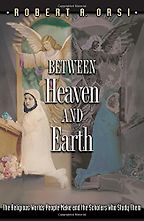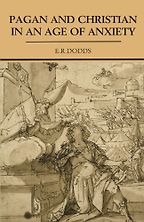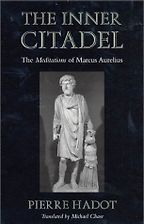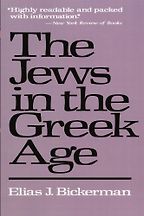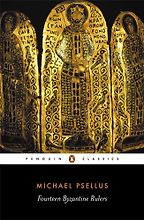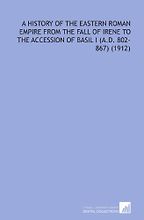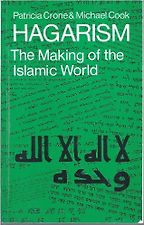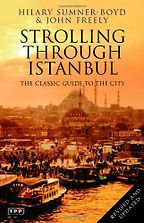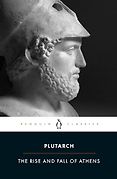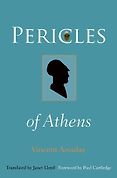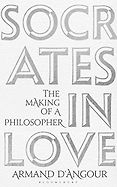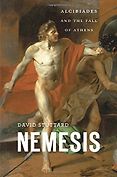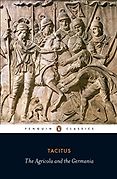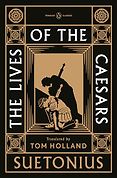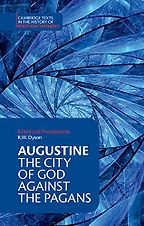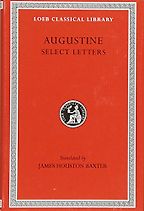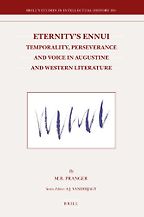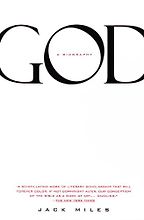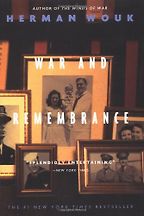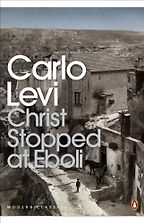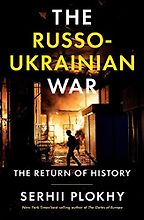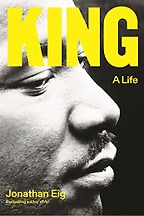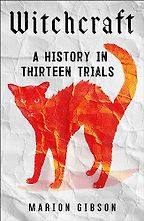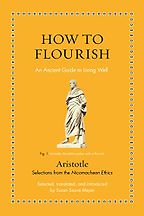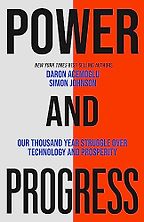
Books by Peter Brown
Peter Brown is the Philip and Beulah Rollins Professor of History at Princeton University. He is credited with having created the field of study referred to as late antiquity (250-800 A.D.), the period during which Rome fell, the three major monotheistic religions took shape, and Christianity spread across Europe. A native of Ireland, Professor Brown earned his B.A. in history from Oxford University, where he taught until 1975 as a Fellow of All Souls College. He joined the Princeton faculty in 1986 after teaching at the University of London and the University of California, Berkeley.
“Peter Brown, the historian often credited with creating the field of ‘late antiquity’, has a memoir out, Journeys of the Mind: A Life in History. Born in 1935 in Ireland, this is a snapshot of growing up in the last days of the British Empire (his father worked in Sudan) and what it was like as an Irish Protestant in the UK, as well as a lot of details on Brown’s intellectual formation and influences. The memoir is nearly 700 pages but Brown is a beautiful writer, and he has nice, wry observations about all sorts of things. If you know someone who enjoys intellectual memoirs, this is a rather lovely one.” Read more...
Notable Nonfiction of Early Summer 2023
Sophie Roell, Journalist
“it’s very rare that you work in an academic field and there is a secondary work that is just indisputably superior to everything else. An agent once said to me that Brown’s book is known in her field as a “category killer”. No one else dared to write a biography of Augustine, really until the late 1990s. So, for 30 years—for basically a full generation—that was the work on Augustine.” Read more...
Catherine Conybeare, Classicist
“This is an extraordinary book. It was commissioned by an art history publisher, Thames and Hudson, and was to be an illustrated history of the area that Peter Brown was exploring in the 60s and 70s. Really, Late Antiquity wasn’t much of a concept before that book came out. In very few words he managed to sketch out a whole new geography which taught us that you can’t think about the rise of Christianity without looking at the fate of the old established religions like Judaism, Zoroastrianism, and Manicheanism; and that the rule of the Roman Empire had to be brought into the context of Persia, the Barbarian north and followers of Islam. That there was a much wider canvas on which to study the period of the third to the sixth centuries A.D. He really put the late Roman period into perspective in a completely new way.” Read more...
Judith Herrin, Historian
“He sees the materiality, the devotion, the emotional investment as a great lurching forward of a society. It’s not just the elites and the church structures but it’s also the people. It’s a transformation, a moment of radical change that all of Christian society is invested in. This book is looking at the context in which that change is taking place. The book has been criticised on a number of levels but it’s still revolutionary in the way that it offered us a functionalist account of what’s going on with the cult of saints. It’s about, among other things, the way that private customs of veneration of the dead were made public by bishops, how the very special dead were given central positions within civic space in the cathedral. It’s about how bishops acted as the impresarios of this rewiring of patronage networks of friendship, of support, spanning different sections of society in the Roman world. And, of course, heaven and saints as the pivotal figures in these relationships. He’s showing how what might be written off as populist, superficial forms of the cult of saints are actually immensely fundamental to the way that society is working its way through different problems at this time.” Read more...
Simon Yarrow, Historian
Interviews with Peter Brown
-
1
The Social And Economic History Of Roman Empire
by Michael Rostovtzeff -

2
A History of Education in Antiquity
by Henri-Irénée Marrou -

3
Philosophy as a Way of Life
by Pierre Hadot -

4
Mosaics as History: The Near East from Late Antiquity to Islam
by GW Bowersock -
5
Pauvreté économique et pauvreté sociale à Byzance
by Evelyne Patlagean
The best books on Late Antiquity, recommended by Peter Brown
The best books on Late Antiquity, recommended by Peter Brown
The Best Books to Read on Late Antiquity — a list by Peter Brown. His intellectual memoir, Journeys of the Mind: A Life in History was published in June 2023.
Interviews where books by Peter Brown were recommended
-

1
The Confessions
by Augustine (translated by Maria Boulding) -

2
The Cult of the Saints: Its Rise and Function in Latin Christianity
by Peter Brown -

3
Mother of God: A History of the Virgin Mary
by Miri Rubin -

4
Mohawk Saint: Catherine Tekakwitha and the Jesuits
by Allan Greer -

5
Between Heaven and Earth: The Religious Worlds People Make and the Scholars Who Study Them
by Robert Orsi
The best books on The Saints, recommended by Simon Yarrow
The best books on The Saints, recommended by Simon Yarrow
Heroes are universal to human culture and, in Christian culture, they manifested themselves as saints. Historian Simon Yarrow recommends the best books to understand the saints, from their widespread appearance in late antiquity to their continuing influence in modern America.
The best books on Religious and Social History in the Ancient World, recommended by Robin Lane Fox
Cultural and philosophical changes that occurred in late antiquity are essential to our understanding of the world today, but few us know much about that period. Historian Robin Lane Fox recommends the best books to read to get a good sense of late antiquity.
The best books on Byzantium, recommended by Judith Herrin
Byzantine scholar Judith Herrin, professor emerita at King’s College London, selects five books to help us understand the place of Byzantium in world civilisation.
-

1
The Rise and Fall of Athens: Nine Greek Lives
by Plutarch -

2
Pericles of Athens
by Vincent Azoulay -

3
Socrates in Love: The Making of a Philosopher
by Armand D'Angour -

4
Nemesis: Alcibiades and the Fall of Athens
by David Stuttard -

5
Agricola
by Harold Mattingly, James Rives & Tacitus -

6
The Twelve Caesars
by Suetonius and Tom Holland (translator)
Biographies of Ancient Greeks and Romans
Biographies of Ancient Greeks and Romans
The art of biography has been a work in progress down the millennia. These days, leaders are no longer celebrated for the number of enemies killed in war, nor are we as impressed with territorial conquests. Here’s a roundup of all the biographies recommended on Five Books about ancient Greeks and Romans, from contemporary accounts to more recent works.
The Best Augustine Books, recommended by Catherine Conybeare
Christianity has been profoundly influenced by Augustine of Hippo (354-430 CE), but the fifth-century North African bishop has impacted almost every area of western thought: philosophy, theology, political theory, linguistics, and rhetoric. His Confessions is one of the most recommended titles on Five Books, but is it really the first autobiography? Professor Catherine Conybeare introduces us to the life, thought, and personality of this controversial yet brilliant figure. She picks the best books to learn more about St. Augustine and explores how he has been unfairly maligned.
The best books on Sin, recommended by Paula Fredriksen
Tortured by the sins of your past? Or contemplating new ones? The historian of ancient Christianity recommends five books to understand the role of sin in Christian thought.
-

1
The Russo-Ukrainian War
by Serhii Plokhy -

2
King: A Life
by Jonathan Eig -

3
Witchcraft: A History in Thirteen Trials
by Marion Gibson -

4
How to Flourish: An Ancient Guide to Living Well
by Aristotle & Susan Sauvé Meyer (translator) -

5
Power and Progress: Our Thousand-Year Struggle Over Technology and Prosperity
by Daron Acemoglu & Simon Johnson
Notable Nonfiction of Early Summer 2023, recommended by Sophie Roell
Notable Nonfiction of Early Summer 2023, recommended by Sophie Roell
As high summer hits the northern hemisphere, Sophie Roell, editor of Five Books, takes a look at the many nonfiction books published over the last three months. With so many books coming out that are both readable and written by people who know what they’re talking about, reading remains one of the most enjoyable ways to make sense of the world around us.
